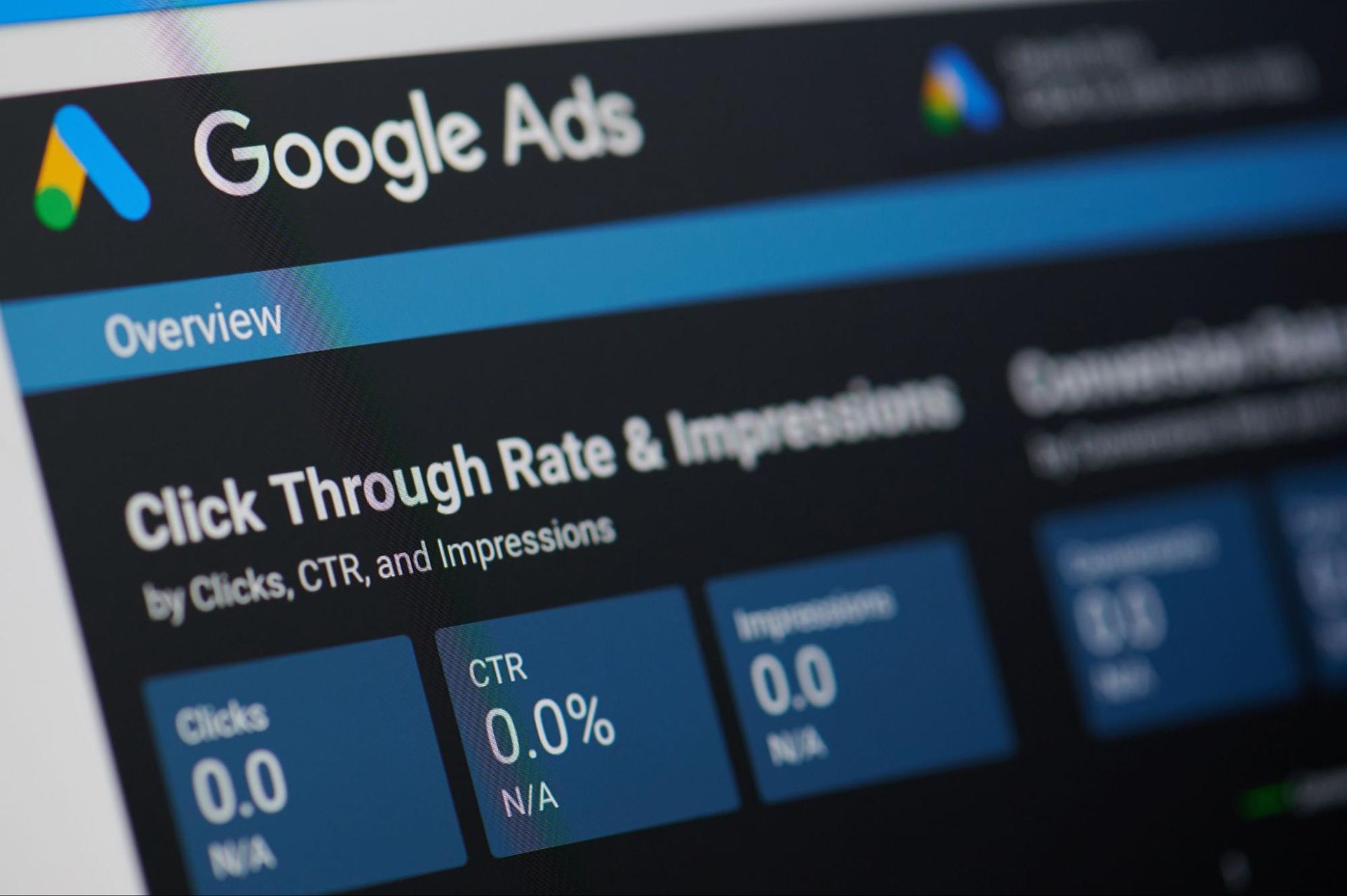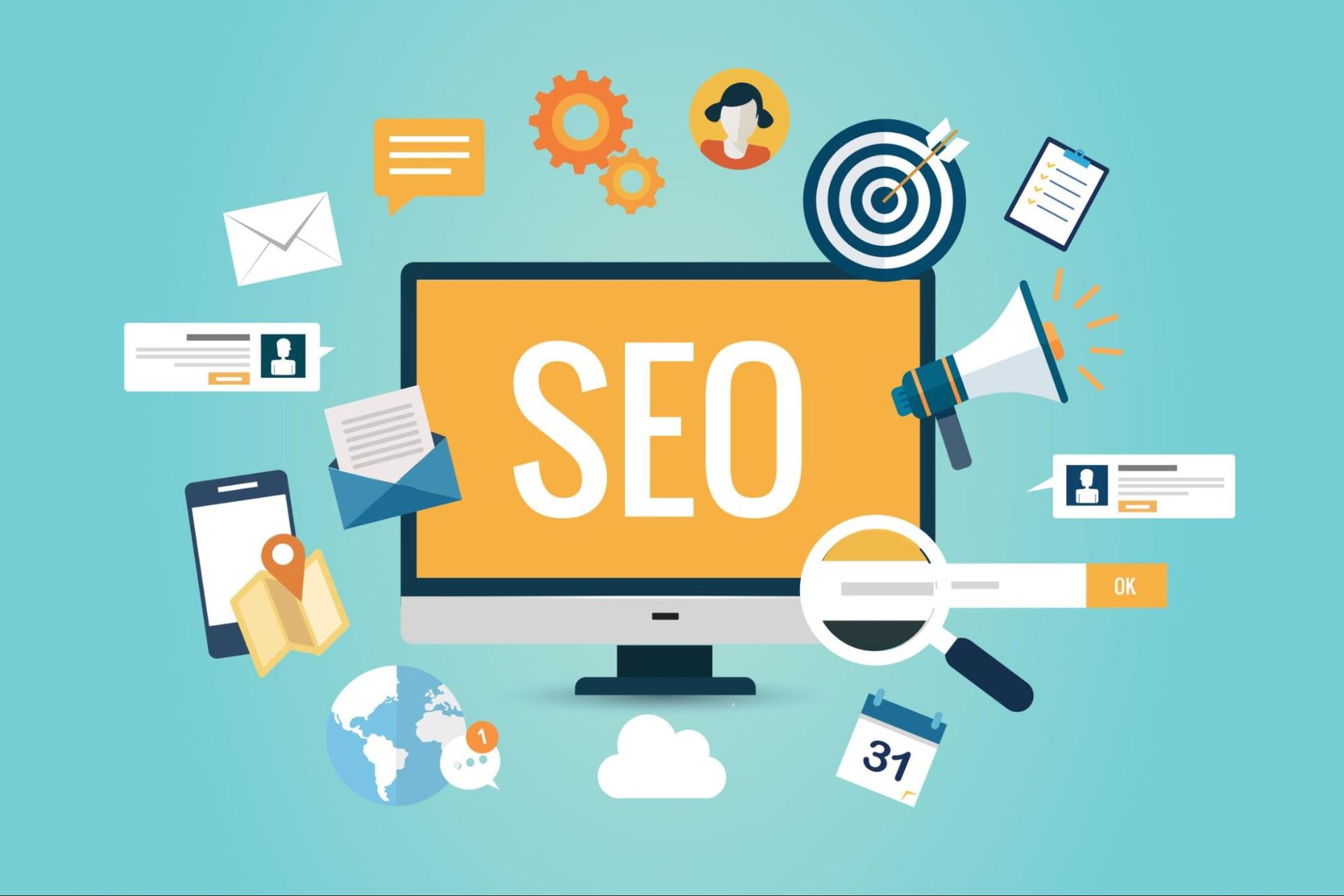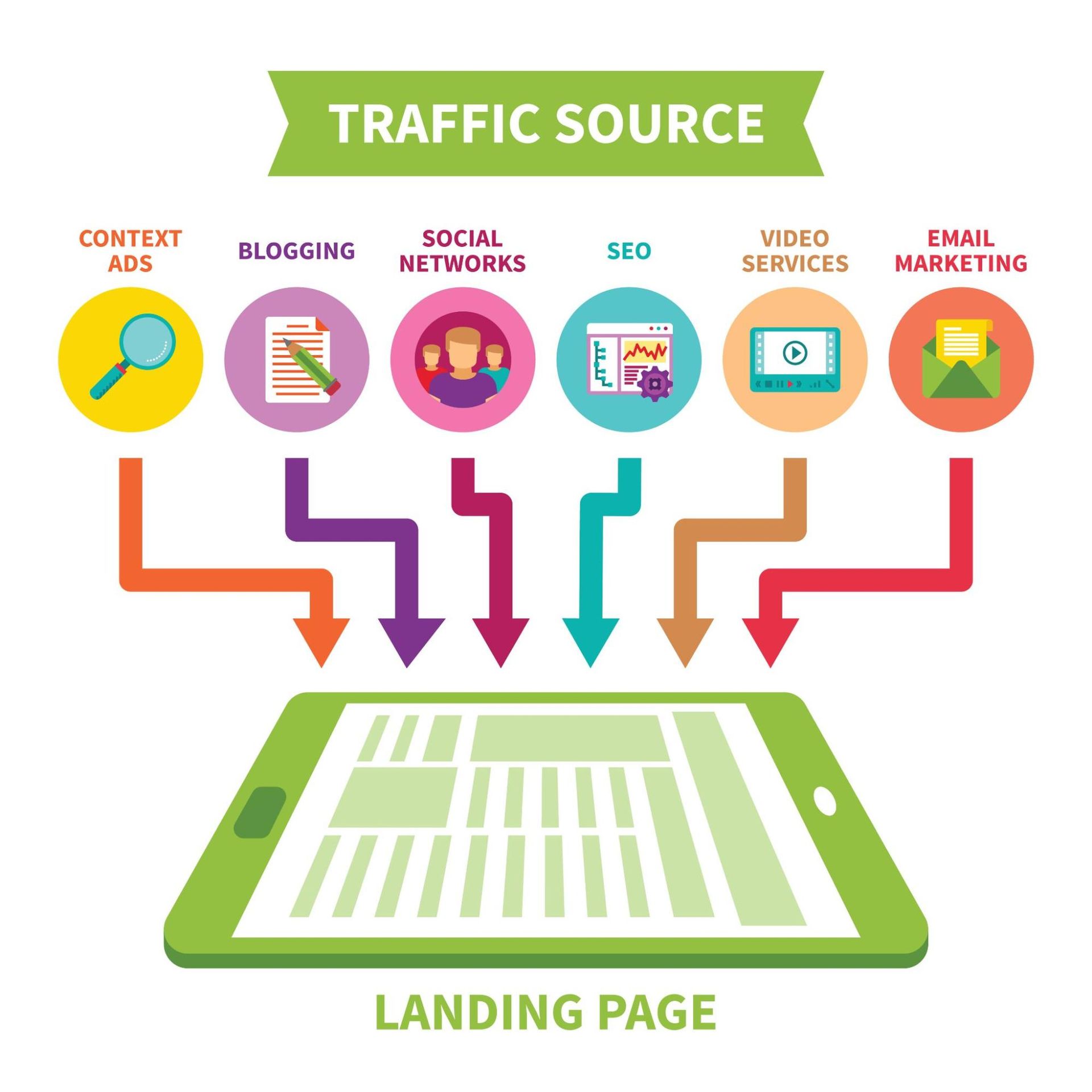Is SEO Dead in 2018?
Every once in awhile, some thought leader in the Internet marketing industry comes out with a piece asking “Is SEO dead?” and then pronouncing it officially deceased. The articles usually claim that some other aspect of digital promotion has replaced it: social media , paid search , web design —you name it. But the truth is, SEO is like a cockroach in a nuclear apocalypse, it can’t die. Not unless Google dies, which seems unlikely in the near future.
Yes, social media, paid search and web design are all incredibly important, especially for big brands that rely on large-scale campaigns and a global reputation. (For example, it may be more important for Home Depot to work on their holiday commercials rather than rank on page 1 for “fence installation hoboken nj.”) But for small- and medium-sized businesses who can’t and shouldn’t spend money on holiday commercials, SEO is one of the most important and affordable steps to increasing traffic and generating leads.
So, Why Does Everyone Say SEO is Dead?
Good question. Perhaps they’re jealous. But more likely, it’s because SEO looks a lot different now than it did when it first appeared. In fact, it changes quite frequently as Google’s algorithm for ranking search results evolves.
When folks first started to optimize for search engines, they stuffed their websites full of keywords in unnatural and repetitive ways. It looked something like this:
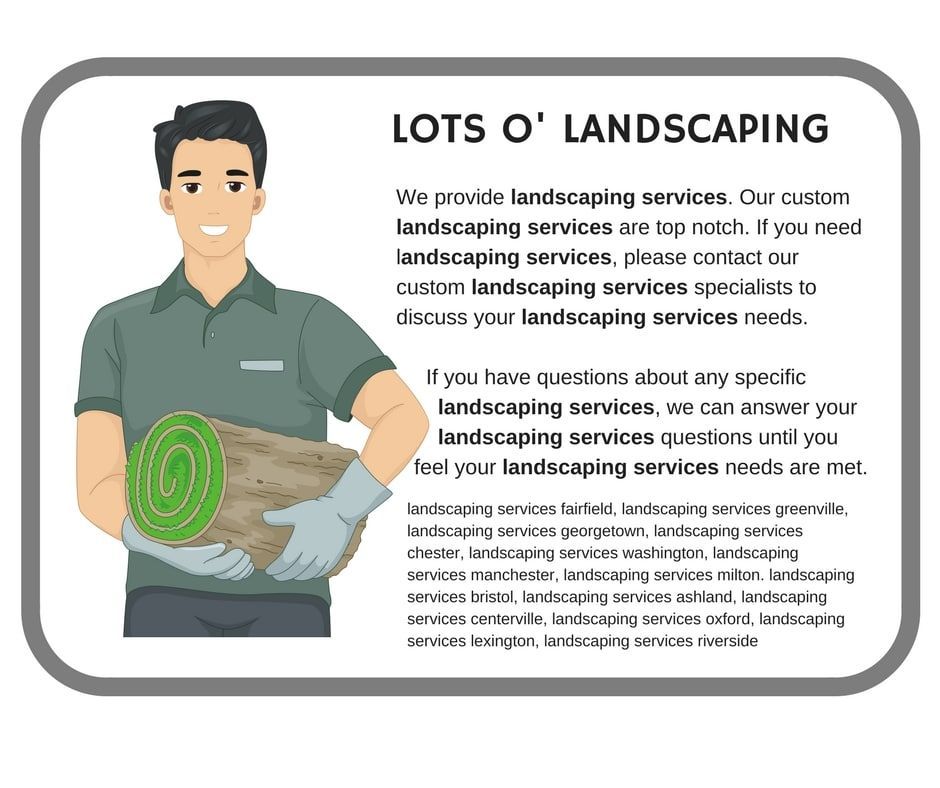
Google is smart enough now that it looks at text like that and flags it as unhelpful and pushes it down in the rankings. So “keyword stuffing” won’t help you.
What WILL Help When it Comes to SEO?
What will help is unique content that is useful and targets specific, carefully researched keywords . Let’s break that down:
- Unique content. Beware of anyone peddling blogs for extra cheap—chances are, it’s not original. Google knows when content is duplicated from elsewhere on the web, and it could end up harming your ranking. Make sure any content that goes on your site is uniquely yours.
- Useful content. Searchers are on the internet for a reason, they want answers and information. Is your content going to be useful to them? This depends on the searcher’s intent, or what question the searcher wants answered. Sometimes that question is complicated, like “how to test my soil for hydroseeding” or it might be simple, like “who offers the best landscaping near me?” These two pages will have completely different content.
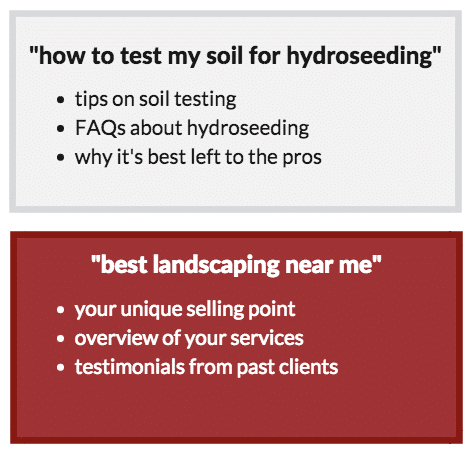
- Specific keywords. This goes back to keyword stuffing, but it’s not a good idea to try and use dozens of keywords on one page, even if they are integrated seamlessly into the content. Focus on one or two keywords and your likelihood of ranking goes up.
- Researched keywords. Yep, keywords need to be researched. How else would you know how many times per month someone is searching “tree removal services in Conshohocken?” Keyword research tells us the volume of searchers, where the searchers live and how competitive the search market is for that term.
Other Aspects of SEO in 2018
Content marketing is a huge part of SEO (arguably the huge-est ), but it’s not the only part. You may have fantastic blogs with keyword-rich content that satisfies the curiosity of searchers from here to the Andromeda galaxy, but without some of these other elements, it won’t help much.
- On-page, on-site SEO. This is different from content marketing SEO because it deals with the pages you already have on your site—not adding new ones. Fixing URLs, links, site speed, images, code and all that can have an impact on your ranking.
- Backlinks. These are links to your website from elsewhere on the web, and quality plays an important role. If Better Homes and Gardens links to your landscaping website, for example, that would have a greater effect than say, your Twitter account linking to your website. Small steps do add up though, so keep the tweets coming.
- Web Design. Imagine someone searches for “brick pathway installation hunterdon county” and finds your website in the number one spot. They click on it, and are magically transported to your page. If the page is slow to load, cluttered, not responsive and difficult to read, they’re likely to bounce right off. A good web design is key to conversions, and when done right, will help you rank higher as well.
Should I Invest in SEO?
The answer to this question is: most likely. A good SEO agency will be able to tell you where your website falls short in terms of SEO and have a plan for fixing it. Every business is unique with a unique audience that searches unique terms, so make sure you get a plan that is tailored to you. Do some research on what local SEO will cost you and reach out to an expert for advice. Consultations with GetPhound are always free, so give us a shout !
The post Is SEO Dead in 2018? appeared first on GetPhound.


